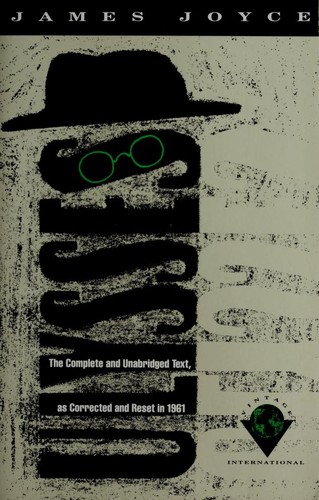Ulysses
by James Joyce
Censorship Status
Banned in USA, UK, Ireland
Reason: Obscenity, sexual content, blasphemy
The book that broke literature itself—and scandalized the world in the process. Joyce's stream-of-consciousness masterpiece follows Leopold Bloom through a single day in Dublin, but its revolutionary narrative technique and frank depictions of human sexuality, bodily functions, and religious doubt made it the target of obscenity laws worldwide. Banned in the US and UK for over a decade, it sparked landmark court cases that redefined free speech and artistic expression. The novel doesn't just describe human consciousness; it recreates it on the page, complete with every taboo thought and desire. Its banning revealed more about society's fear of psychological truth than about the book's supposed immorality.
Why Ulysses Was Banned
Censorship Concerns
A controversial work that pushed boundaries and challenged social norms of its time.
Specifically, Ulysses was targeted for: Obscenity, sexual content, blasphemy. The book's themes and content were deemed threatening to the social, political, or religious order in multiple countries.
Why Read Ulysses Today?
- ✓ Historical Significance: Understand why this book was considered dangerous enough to ban.
- ✓ Intellectual Freedom: Support the right to read diverse perspectives and challenging ideas.
- ✓ Critical Thinking: Engage with ideas that authorities didn't want people to consider.
- ✓ Cultural Understanding: Gain insight into the fears and concerns of different societies and eras.
Other Banned Books You Might Like
The Catcher in the Rye
by J.D. Salinger
Holden Caulfield's rebellious voice has been challenging authority for over 70 years—and making adults furious the entire time. This coming-of-age masterpiece doesn't just use 'damn' and 'hell'; it questions everything adults hold sacred: religion, education, social conventions, and the American Dream itself. Holden's raw honesty about depression, sexuality, and the 'phoniness' of adult society struck such a nerve that it became one of the most banned books in America. Why does a teenager's authentic voice threaten so many? Perhaps because it forces adults to confront their own compromises and hypocrisies.
Lolita
by Vladimir Nabokov
Perhaps the most controversial novel ever written—a literary masterpiece that dares to enter the mind of a monster. Nabokov's gorgeous prose seduces readers into the perspective of Humbert Humbert, a cultured predator who destroys a child's life while calling it love. This isn't exploitation; it's exposure—revealing how manipulation, rationalization, and abuse hide behind eloquent words and cultural sophistication. Banned in multiple countries not for glorifying abuse but for making readers complicit in understanding it, Lolita forces us to confront uncomfortable truths about power, desire, and the corruption of innocence. Its literary brilliance makes its moral darkness even more unsettling.
Lady Chatterley's Lover
by D.H. Lawrence
The novel that put sex and class warfare on trial. Lawrence's tale of an aristocratic woman's passionate affair with her husband's working-class gamekeeper didn't just break sexual taboos—it shattered class boundaries with explosive force. Banned for thirty years, not just for its explicit sexuality but for suggesting that a lady might find greater fulfillment with a worker than with her noble husband. The book's frank discussions of female desire and its challenge to rigid class structures made it doubly dangerous to the establishment. When Penguin finally published an unexpurgated edition in 1960, the obscenity trial became a cultural watershed, with the prosecution infamously asking if it was a book 'you would wish your wife or servants to read.'
Don't Let This Story Be Silenced
Support intellectual freedom by reading the books that challenged the powerful. Get your copy of Ulysses today and discover why it's still being banned.
Get Ulysses Now